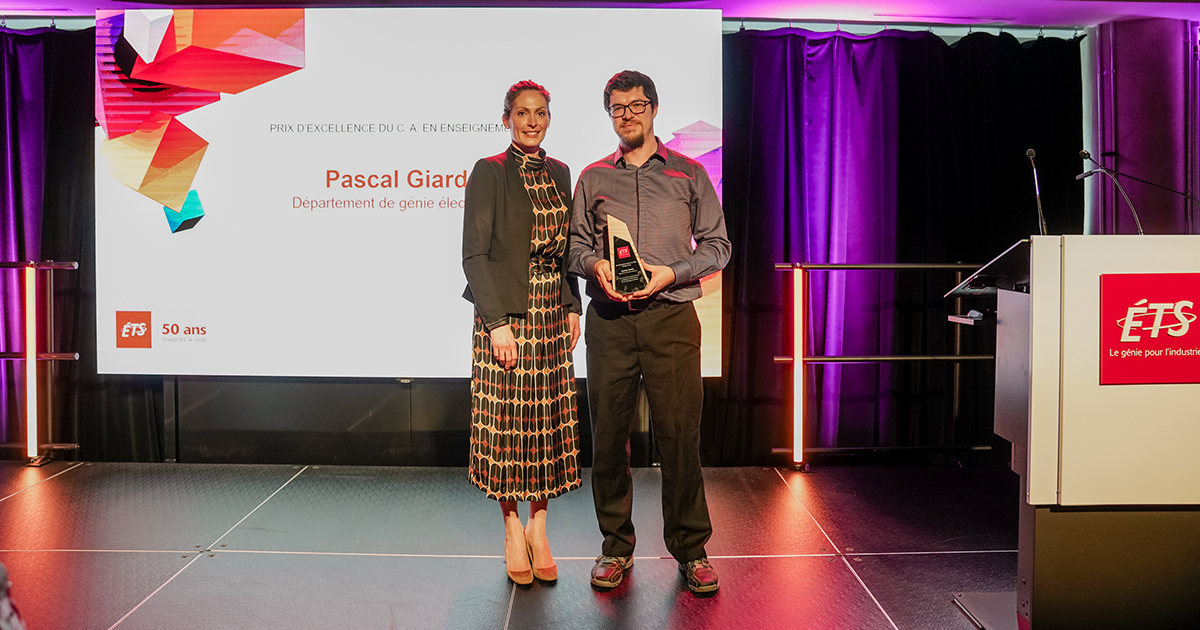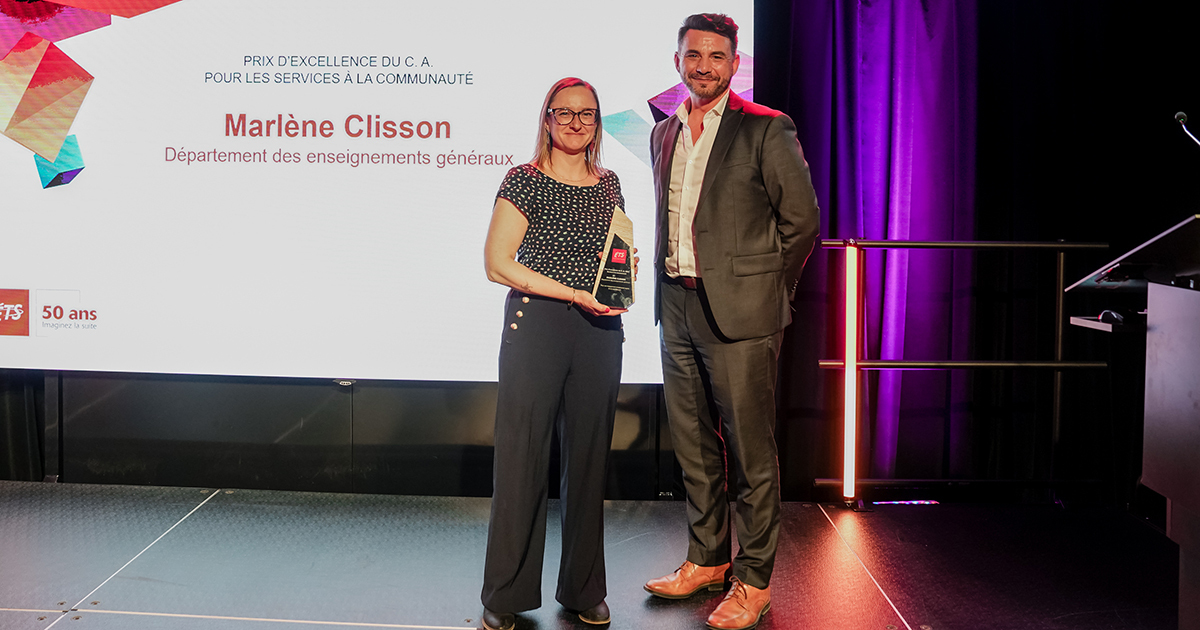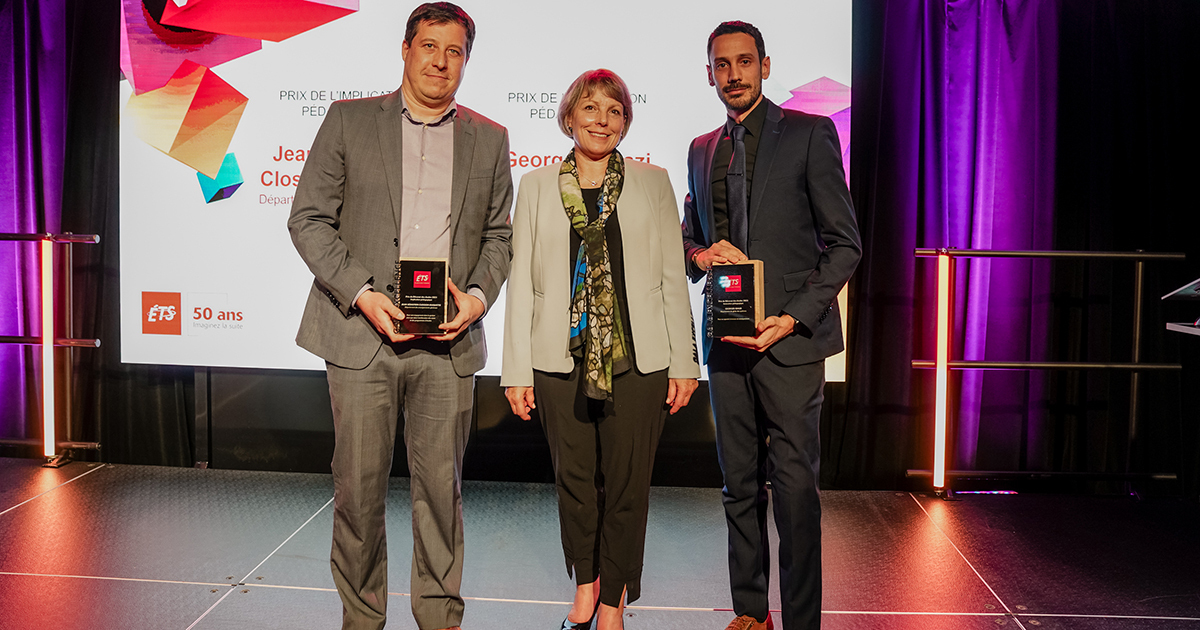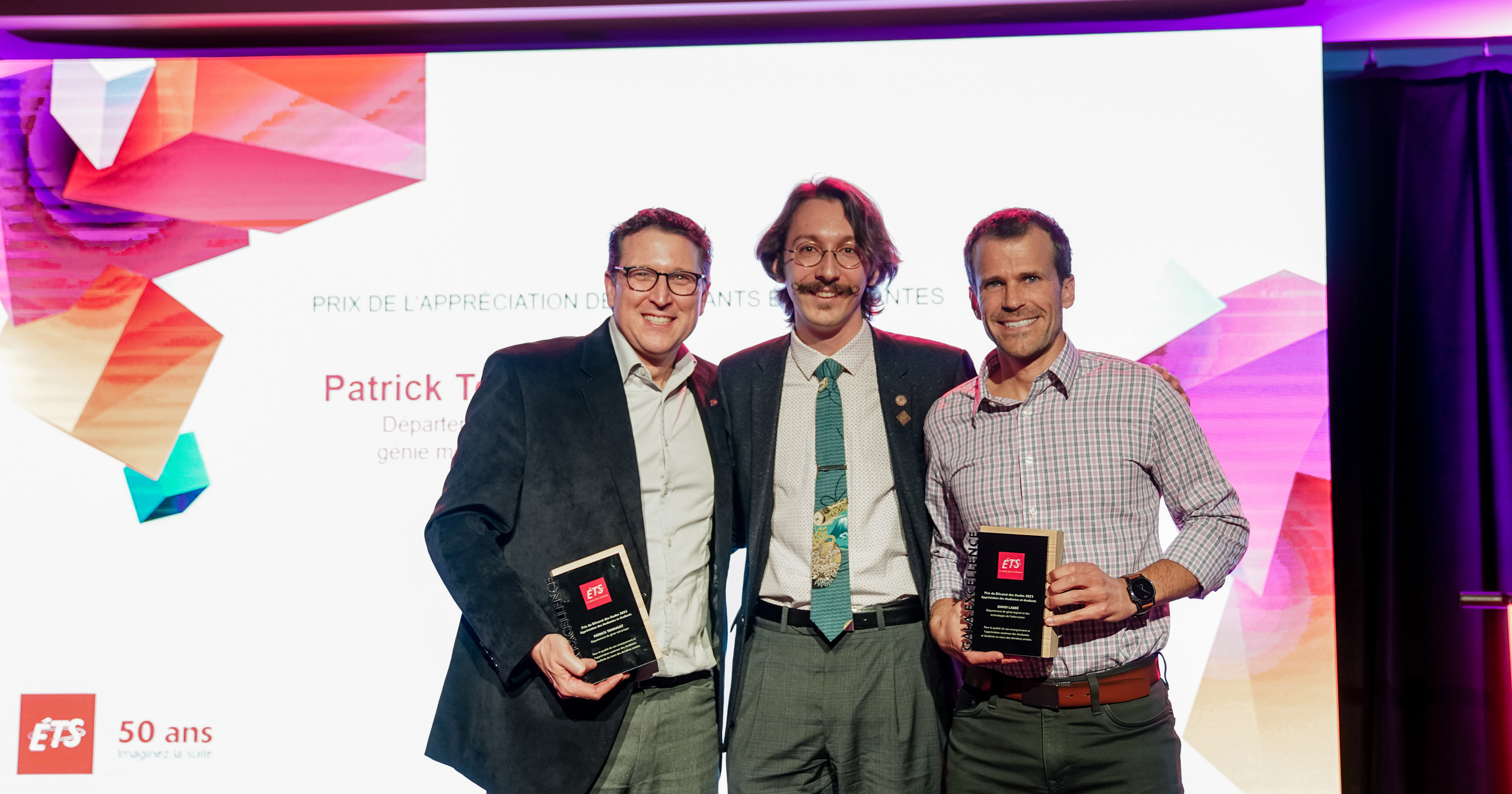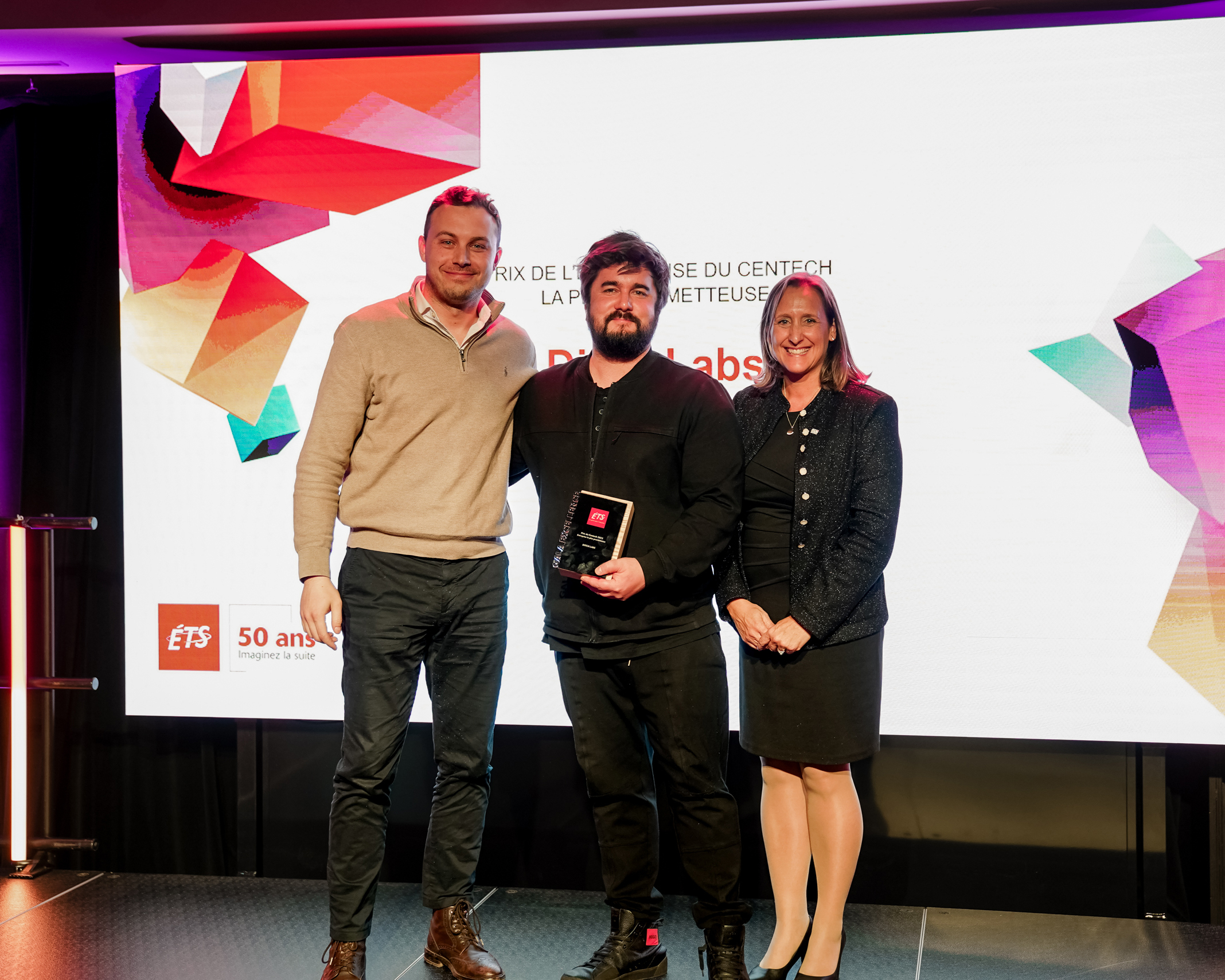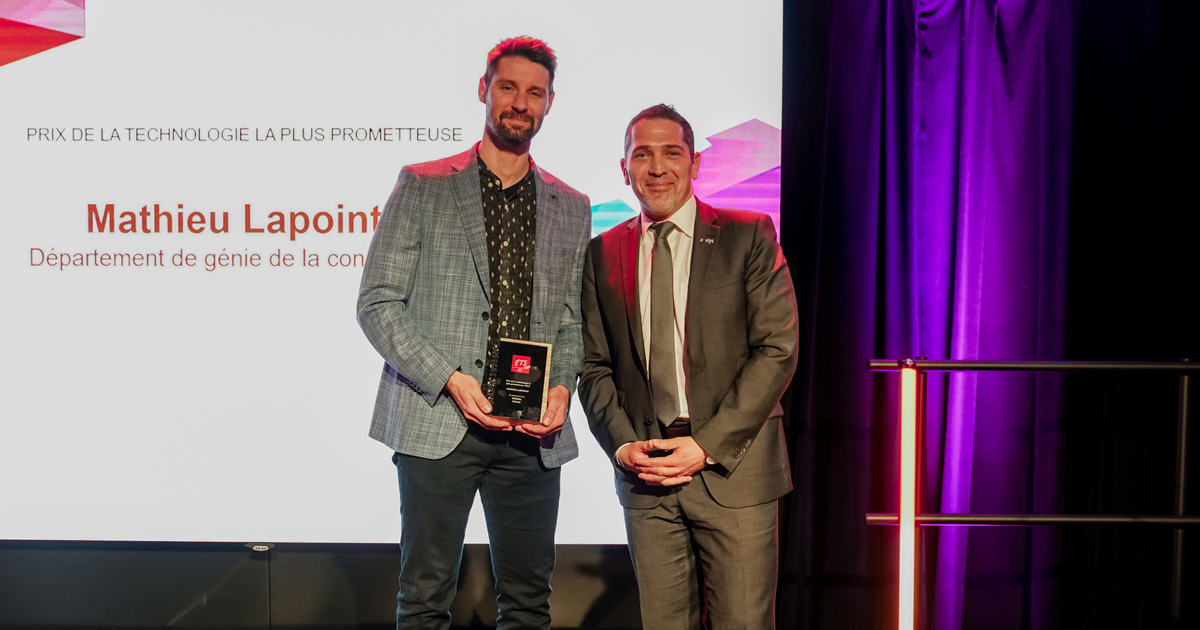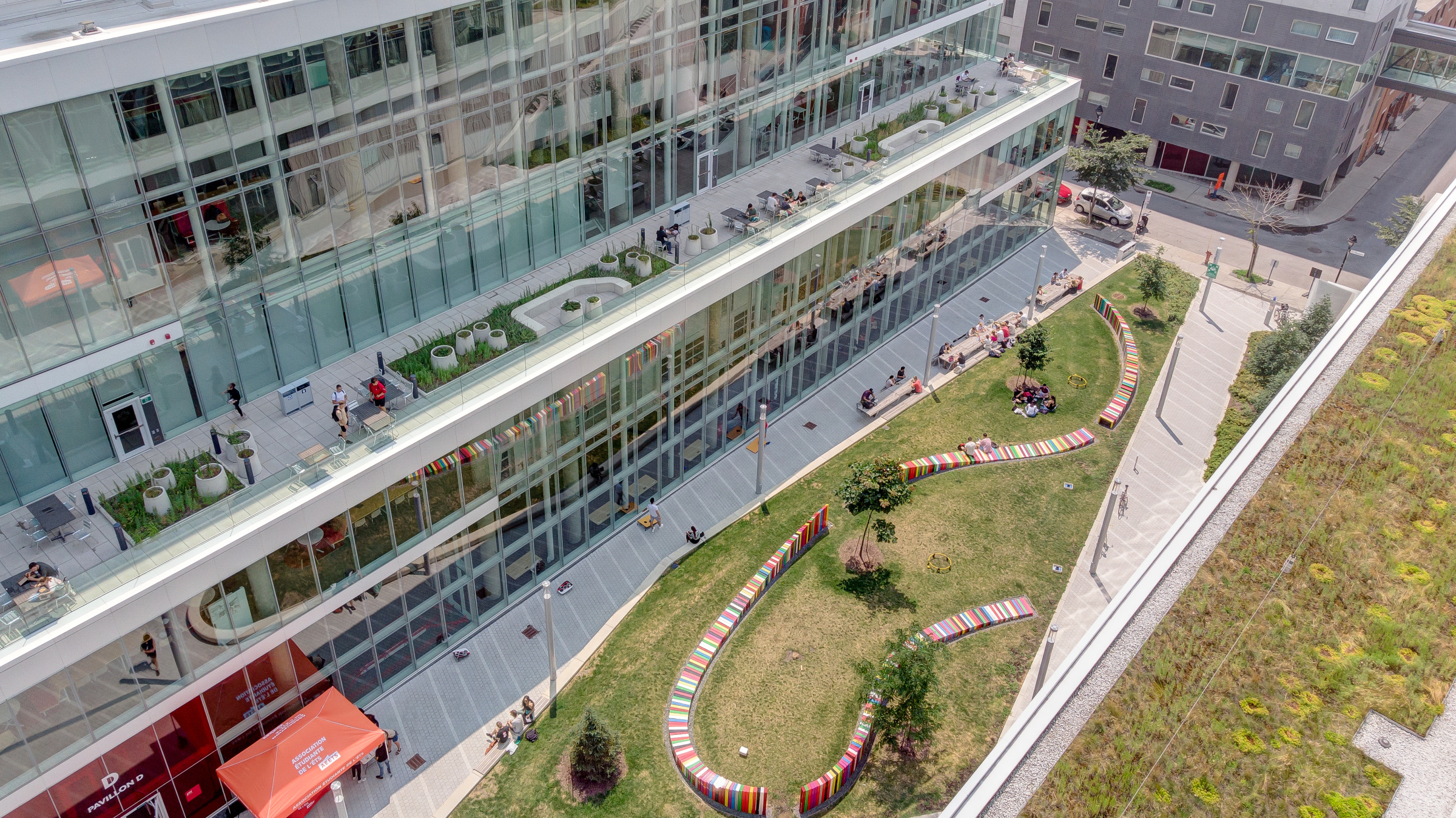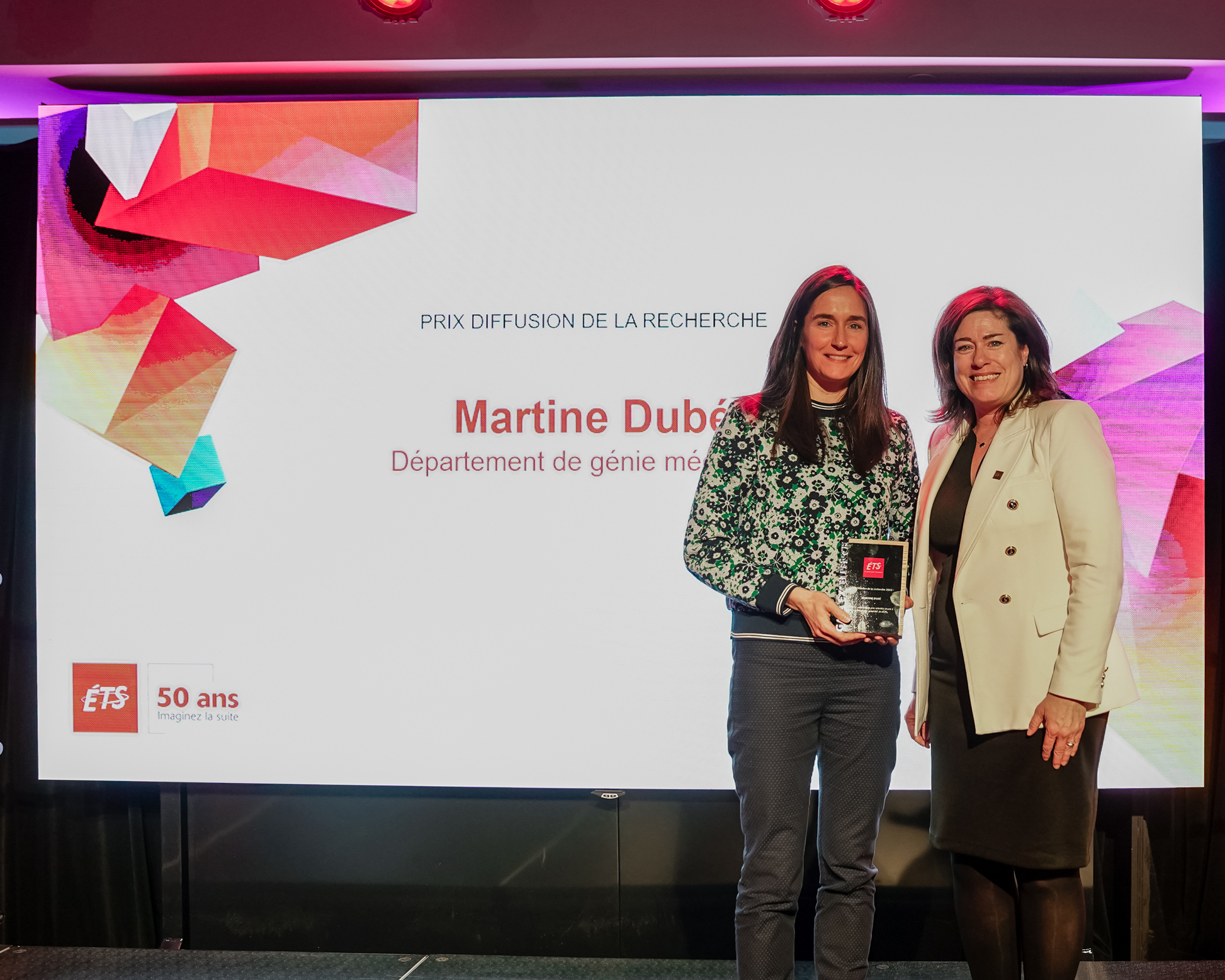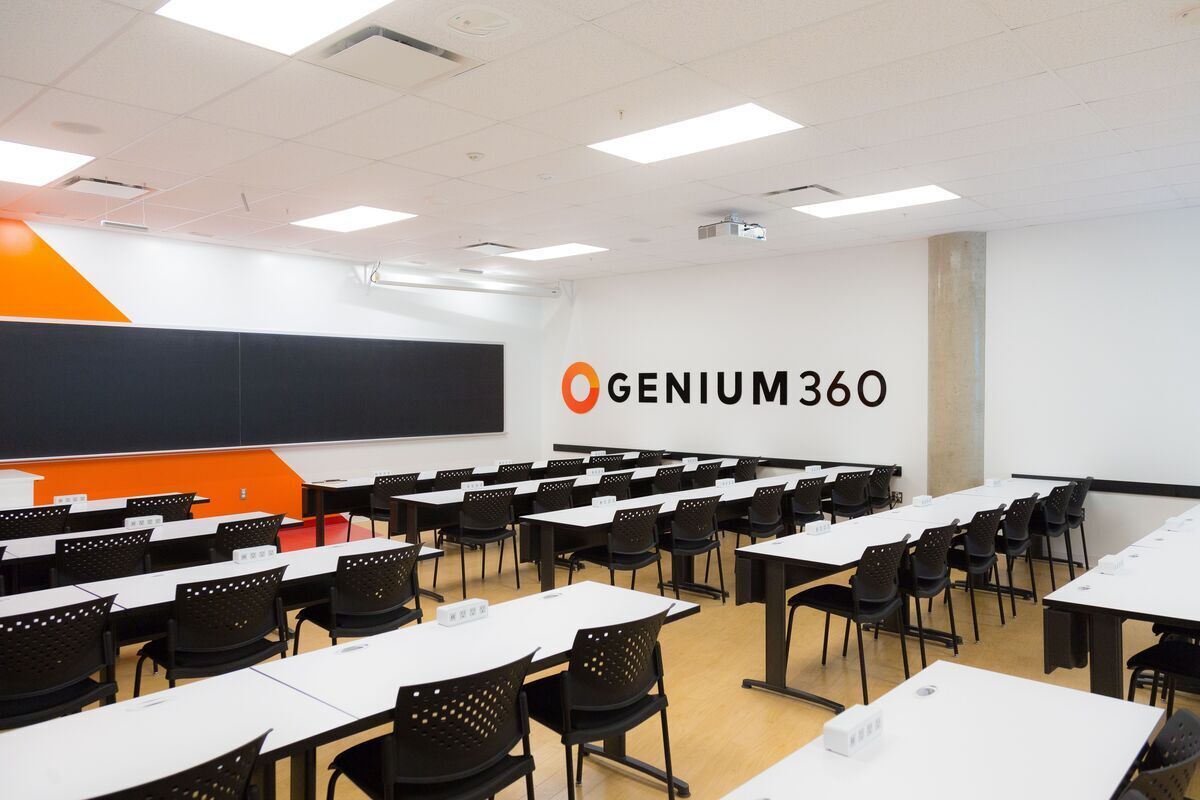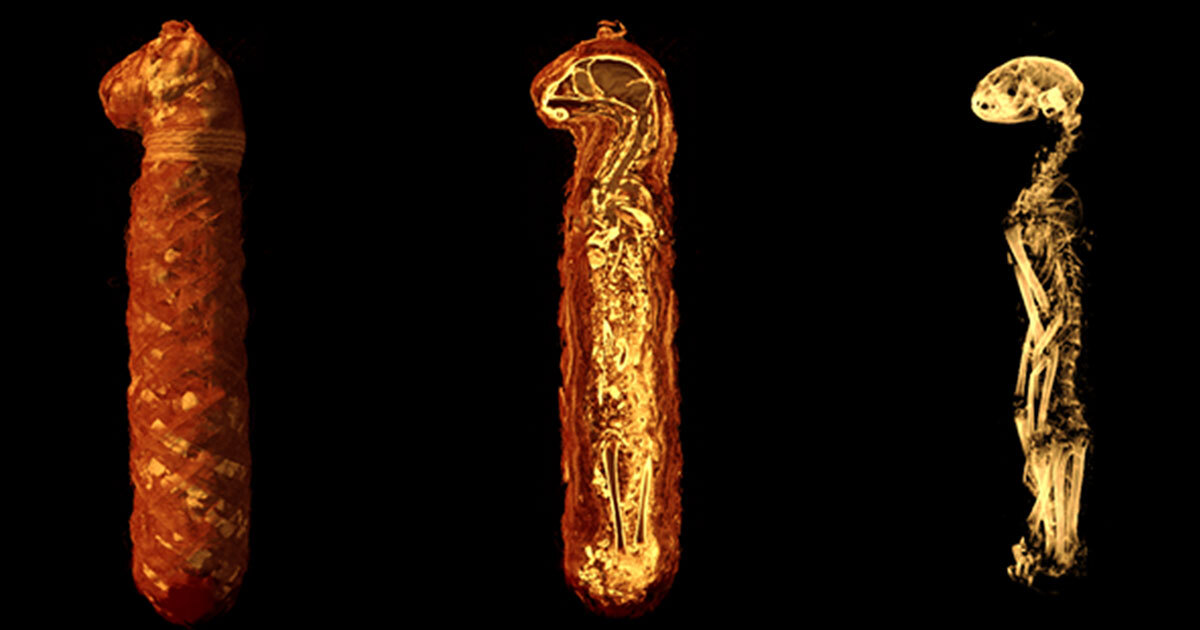Awards and Distinctions
Research and Innovation
LACIME – Communications and Microelectronic Integration Laboratory
ÉTS News
April 23, 2024
La Feuille de route gouvernementale en économie circulaire au Québec saluée par l’ÉTS, le CERIEC, l’Institut AdapT et le RRECQ.
April 17, 2024
Des investissements importants à l’ÉTS pour développer la recherche appliquée en sciences quantiques
April 16, 2024
L’ÉTS lance son nouveau programme de désignation toponymique et inaugure la salle Genium 360
April 16, 2024
Benefits and Risks of a Circular Economy over Space and Time
April 16, 2024
Gala d’excellence : recherche et enseignement 2024
March 26, 2024
Info Bourses - April
1
You are currently on this page
2
Go to page: 2
3
Go to page: 3
...
40
Go to page: 40
Go to next page

